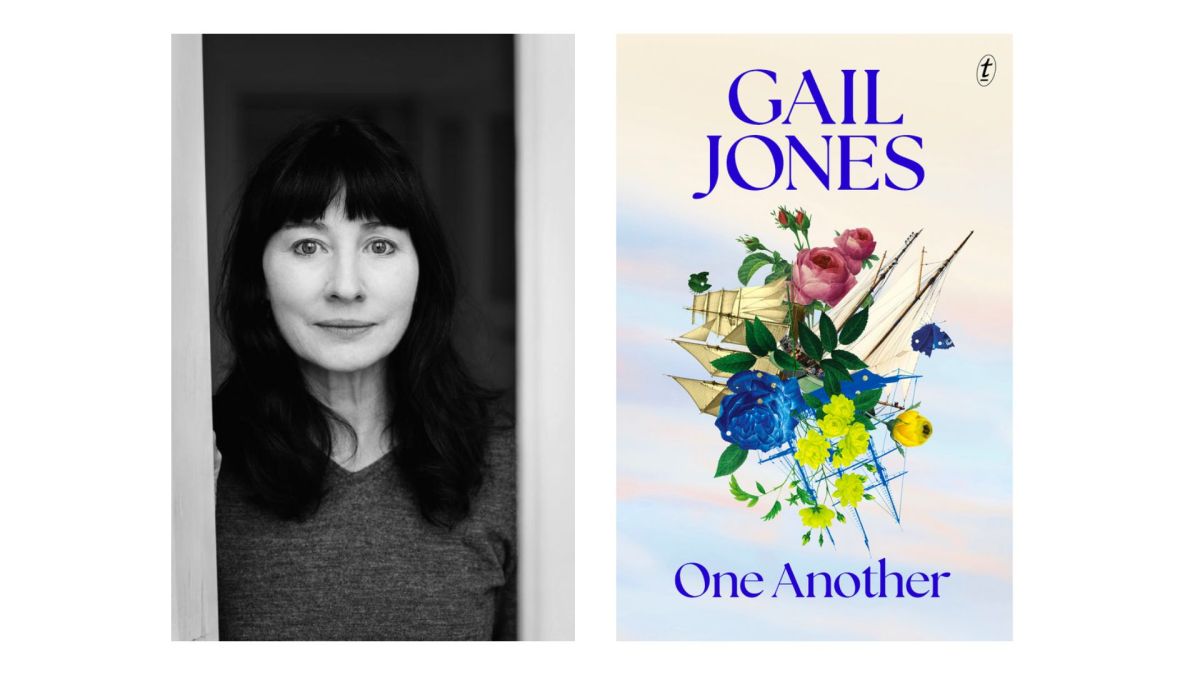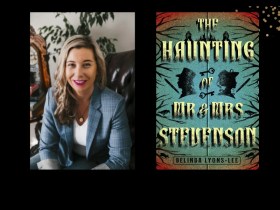Like Gail Jones’ previous novel, Salonika Burning, One Another considers the life of a famous historical figure. In this case, it’s Joseph Conrad. Told from the singular perspective of Helen, a student at Cambridge in 1992, the novel allows Jones to examine the realities of memory, male violence and the writing life. One Another alternates between Helen’s perspective and the manuscript she’s creating about Conrad, each of the two narrative strands acting as a thematic mirror for the other.
We are shaped, Jones establishes, not merely by the objective reality of our lives, but equally by the way we internalise them. Helen repeatedly returns to recollections of her deceased father: their games of chess in the middle of the night, Sunday afternoons of fish and chips by the ocean and, particularly, Saturdays at the grocery store, which were not just a ‘tedious chore’, but also a source of satisfaction. If Helen’s memories of her father are an anchor, her relationship with Justin can be seen as a possible unmooring.
Jones explores the overt and subtle erasure and ill-treatment women experience at the hands of men. Helen’s lover, Justin, was deceptively charming. Her concerns about his public and private behaviour culminated in a physical confrontation at her dorm and had terrible repercussions for Helen and others around her. Once sexually attracted to Justin, during the confrontation she ‘saw only radiating power, how Justin was caught in the moment and enjoying her fear’.
Justin’s anger and violence create within Helen a ‘rolling chaos’ and sense of being ‘defeated,’ though not useless. Her self-worth, despite his attacks, remains intact. Helen’s experience of male-domination is more direct, but no less important than that of Conrad’s wife, Jessie. Of Jessie, Jones notes ‘scholars and writers rarely mention her’, she who ‘cooks, types manuscripts and endures her husband’s wayward moods’. She – like so many women before and after – is simultaneously rendered essential and invisible.
Reading and writing – two great acts of literary citizenship – are at the heart of this novel. It begins, for Helen, with reading, ‘a flow into fiction’s otherness that welcomed and accommodated her’. Writing follows, as Helen observes that books are ‘the fashioning in words by which Joseph manages in his losses’ and by which she – first, with her thesis and then, later, her manuscript – manages her own. Consequently, Helen’s fictionalised author ‘feels he lives more in written words than in what others call real life’. For a time, Helen does too. The chasm between herself and the other Cambridge students seems unbridgeable and she is forever separate and alone – just as Conrad had been.
Read: Book review: The Star on the Grave, Linda Margolin Royal
Yet unlike her imagined Conrad, Helen ultimately opens herself to ‘the relief of true company’. In this, their narratives are no longer a mirror, and Jones’ protagonist steps into a space and life that is entirely her own.
One Another, Gail Jones
Publisher: Text Publishing
ISBN: 9781922790644
Format: Paperback
Pages: 256pp
Release date: 27 February 2024
RRP: $34.99





